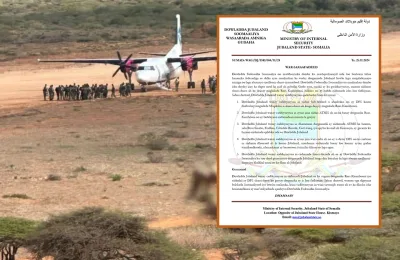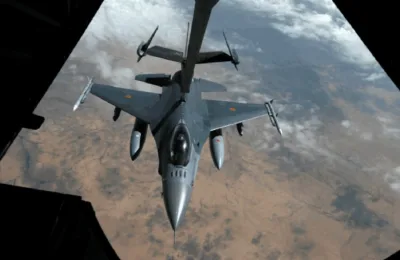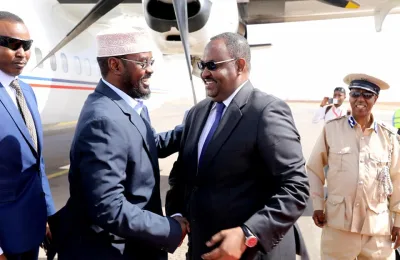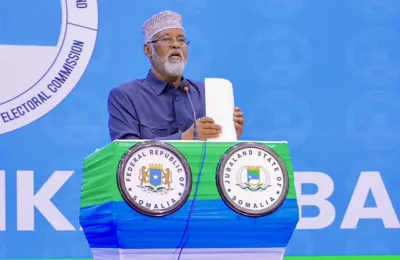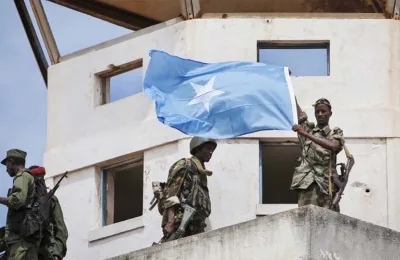The long-term impacts of western operations exacerbate the very radicalization and violence they claim to be…
The long-term impacts of western operations exacerbate the very radicalization and violence they claim to be trying to avoid.
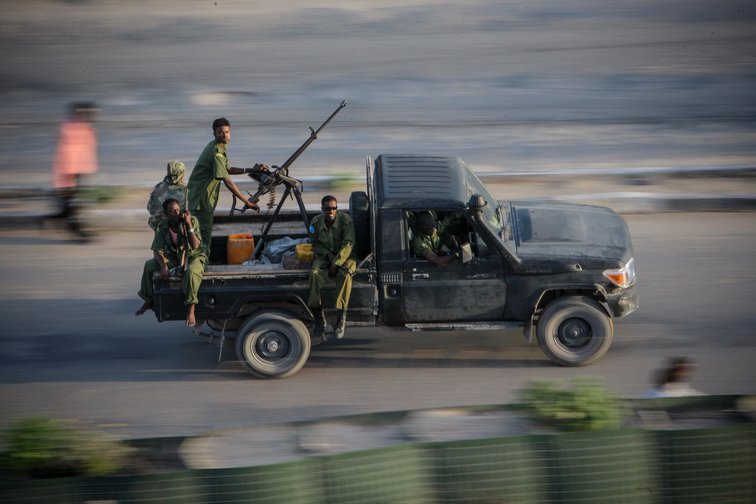
n 30th September, members of Al-Shabaab (a Somali based militant group) attacked Baledogle military base where US soldiers train commandos in Somalia and launch air strikes against the group, including – according to some reports – drone strikes. Al-Shabaab claim they carried out the attack using a car bomb to blast through the gates before sending their fighters inside. US military officials said they were pushed back before breaching the perimeter fence and the US suffered no casualties, barring one concussion injury. This attack was not the only one against western forces that day; a second attack targeted Italian peacekeepers in Somalia’s capital, Mogadishu.
These attacks were as shocking as they were under-reported, with little analysis on what they mean for international efforts and what lessons they may provide. This is perhaps unsurprising given the nature of current engagements, where states like the US and Italy deploy a limited number of forces to tackle perceived threats abroad. In an approach we refer to as “remote warfare” these states focus on supporting local forces to do much of the frontline fighting, providing things such as training, equipment and – perhaps most devastatingly in Somalia – air support. The allure of this type of engagement for western forces is that it is seen as “risk free” as western forces do not fight on the frontlines. These attacks, however, challenge this narrative and demonstrate the dangers of the current approach.
Understanding the dangers
The Italian forces attacked last month were part of the European mission to Somalia (EUTM Somalia), a “European Union military mission to contribute to the training of Somali National Armed Forces” (SNA). EUTM Somalia is part of a growing EU presence in Africa manifested through different missions under its Common Security and Defense Policy (CSDP). While CSDP missions have been deployed to Africa since 2003, in recent times these operations have come to fulfill an expanded set of objectives, ranging from support to countering terrorism and to migration management, to the fight against piracy.
While, in response to the attack, the US ambassador to Somalia praised the “swift response” of the SNA, serious problems remain. Paul Williams notes that: “For over a decade, a dozen states and multilateral organizations have invested considerable time, effort, equipment, and hundreds of millions of dollars to build an effective [SNA]. So far, they’ve failed.” One soldier told the Remote Warfare Programme that the SNA are “just another militia, albeit an apparently legitimate militia”. The SNA have “some 29,000 individuals on its payroll” but many are ghost soldiers and when forces from the African Union Mission in Somalia (AMISOM) withdraw from territories “security tends to deteriorate significantly and al Shabaab fills the void.”
Serious problems also plague US Africa Command (AFRICOM) engagement in the country. Amnesty International has documented six cases where US airstrikes in Somalia are believed to have resulted in civilian casualties, and TRT World Research center (TRT) three further cases. On 5th April this year, AFRICOM admitted to its first-ever civilian casualties in Somalia – although it still maintains that there have been almost no civilians killed in its operations. US-led ground raids have also seen the same devastating consequences; with reports that the US has killed civilians and been dragged into clan rivalries by local sources providing their evidence. In both cases, the inadequacy of pre- and post-strike planning leaves huge gaps in AFRICOM’s ability to evaluate the impact of current strategy.
Lessons learned
Activities undertaken in this way – with little scrutiny, faulty process, and negligible monitoring – are not just morally bad, but are bad strategy. Since the start of the ‘war on terror’, the wars countries like the US and Italy have engaged in have been as much about winning over populations than they have been about winning territory. However, contemporary operations look unlikely to deliver victories in either of these objectives.
Emboldening local security forces, without the institutions required for a functioning democracy, is likely to end up alienating more of the population as they are trapped between militant groups and predatory state officials. The Remote Warfare Programme was told by a soldier rotating out of Somalia that the abuses of the SNA are “a big recruitment tool for Al-Shabaab because… they steal, rape, etc. Same as others, but this time in uniform, with Somali flags on it.” And, in fact, Al-Shabaab remains deeply entrenched in Somalia arguably because “it outperforms the national government and local powerbrokers in the provision of order and brutal, although not corrupt, justice.”
The same is true for US air strikes and ground raids. In its most recent report on US airstrikes. Amnesty International’s Somalia Researcher said of US operations in the country, Abdullahi Hassan, stated that: “It’s bad enough that [AFRICOM] appears not to know who its air strikes are actually killing and maiming … But it’s reprehensible that AFRICOM …has failed to reach out to the families of victims after its version of events was called into question in this case.” Similarly, villagers targeted by US-led ground raids have been demanding to know why the US had targeted them, despite the fact that Al-Shabaab were not there. This may be one reason why the US is not winning the hearts and minds of people in Somalia and despite an unprecedented number of US airstrikes, the US has failed to weaken the group.
Currently, the long-term impacts of western operations are likely to exacerbate the very radicalization and violence that they claim to be trying to avoid. However, AFRICOM publicly commented on the Baledogle incident and said that “[i]n response to this attack… [it] conducted two airstrikes.” More of the same will not address these issues; instead, western forces should adopt a new, considered policy that prioritizes civilian protection.
Achieving this will require a frank, informed and open debate about the failings of western policy in Somalia which accepts the failings of the current approach. While western forces are further from the frontlines of conflict, remote warfare is still warfare – and inevitably produces damage both locally and within the external forces. The US position – denying the breadth of involvement in Africa – has resulted in a critical blind spot, disincentivizing any analysis or understanding of the impact of operations in the region. Secrecy will not only minimize the ability of groups to challenge bad strategy but will also fuel a sense of distrust at home and abroad and deny civilians caught in the conflict the accountability they are entitled to.


